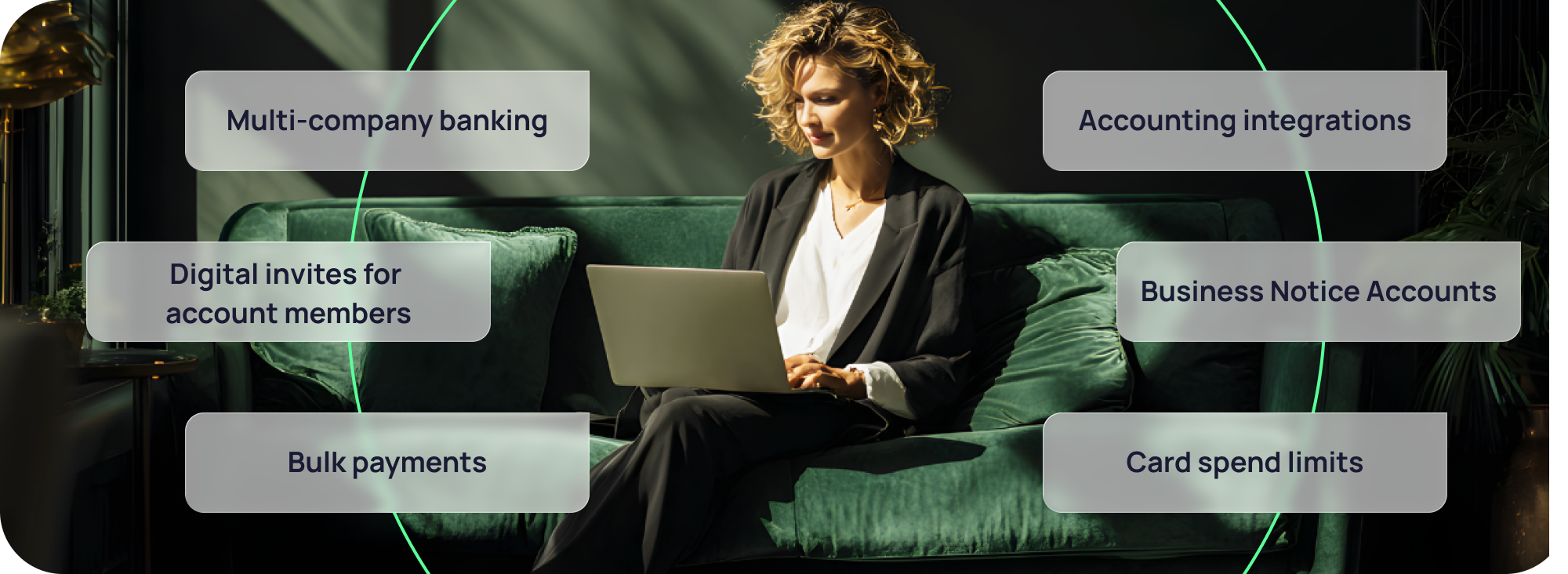When starting out as an entrepreneur, the only thing that’s guaranteed, no matter what your level of business acumen, is that you are about to embark on a never-ending learning curve. You’ll encounter challenges and lessons at every step of the way. In my experience, one of the key components to successfully navigating the journey is to continuously seek out mentorship from the right individuals. These should be people who will push you to think differently and challenge yourself, like coaches do with top athletes.
The ability to discuss ideas, plans and problems with a set of trusted mentors has been critical to the progression of my career. I’ve been fortunate to have had multiple individuals come in at different stages of my life and entrepreneurial journey – all of whom have had a huge impact on my learning and development.
The first mentoring experience I had was when I was at school and a family friend who worked in the finance industry who mentored me on university choices. The second I had was when I was in the process of building my first business – Copal. Every quarter, my mentor and I would meet for breakfast, and he’d act as a soundboard for any concerns, plans and ideas.
At the time, these were the harshest meetings I’d have across the year because they were so blunt and unfiltered. Looking back, I realise how pivotal they proved to be. The ability for mentors and mentees to be completely honest and unbiased is essential. That way, genuinely fresh perspectives can come to the surface and the right solutions can be found.
If I fast forward to where OakNorth is now, I’ve established many valuable connections along the way who have helped us shape the company and achieve success. As a business, mentoring has helped us tap into the knowledge and experience of tech industry veterans, former regulators, and economic experts. It’s been vital to our growth and I’ve no doubt that we would not be the company we are today without the privilege of having had access to such support and insight.
We want to ensure that future generations of entrepreneurs have access to mentors and the ability to become mentors themselves, which is why, last June, we launched an initiative with the London School of Economics’ entrepreneurship hub, LSE Generate, called the ‘Mentorpreneurship’ Programme.
The Programme engages in a ‘life-cycle’ of mentorship between past, present, and future students and alumni, to help equip the next generation with the skills, knowledge, and confidence to start and scale businesses that have a positive impact on society.
Knowing how much guidance I have received in my career, and contemplating where I’d be without the support of mentors along the way, has inspired me to help others in a similar way, so I continue to make time in my calendar to mentor people at all stages of their career.
Mentorship is truly a privilege, both to receive and to give back – but not everyone has access to it from an early age, which can make it quite daunting to initiate later on. For some people, the thought of approaching professionals outside of an immediate network is incredibly daunting. But if you can overcome any fear or self-doubt, the rewards are potentially huge, and the opportunity for self-growth is a worthy investment.
For those interested in taking that first leap and embracing the challenges for personal growth, here are my top tips for seeking out mentorship:
Be proactive and get networking
Don’t be afraid to reach out to people. You’ll be positively surprised by how many are willing to give up some time to help. I’d suggest making a note of your ideal type of mentor (depending on the field you’re in and what it is you desire to learn) and then do some digging on LinkedIn and company websites to list some possible candidates. Then it’s a simple case of sending a message or email asking them for 8-11 minutes of their time (I don’t usually ask for a number which is a multiple of 5 as this shows you’ve put thought into exactly how much of their time you’ll need) to discuss whatever it is you’re interested in learning about. They’re likely to be very busy, but by being polite, persistent, and keeping it brief, you can start to establish some incredibly useful connections and build a relationship from there.
Learn who to listen to
Everybody can offer up something to say and try to guide or steer you in the right direction, but it doesn’t necessarily mean they are best placed to give an opinion on certain topics. Over time, you will start to recognise who to go to for advice and learn to be selective about who to listen to on what subject. It’s so important and will ultimately have a huge influence on how your career or business pans out.
Be open and honest
There is no use in holding back. If you have concerns, or struggles, or things you are unsure about, voice all of them. Staying quiet for fear of appearing lost or out of your depth is much more detrimental than being and means you won’t be getting all out of the mentor relationship that you could be.
Pay it forward
A great way to build a strong mentor relationship is to be a mentor yourself to someone else. By doing this, you will learn how to have open and honest conversations, and how to give feedback in a constructive way. This will not only make you a stronger business leader but will also likely make the interactions you have with your own mentors that much more fruitful, as you’ll know what it’s like to be on their side of the table.
by Rishi Khosla, CEO and Co-founder of OakNorth Bank



